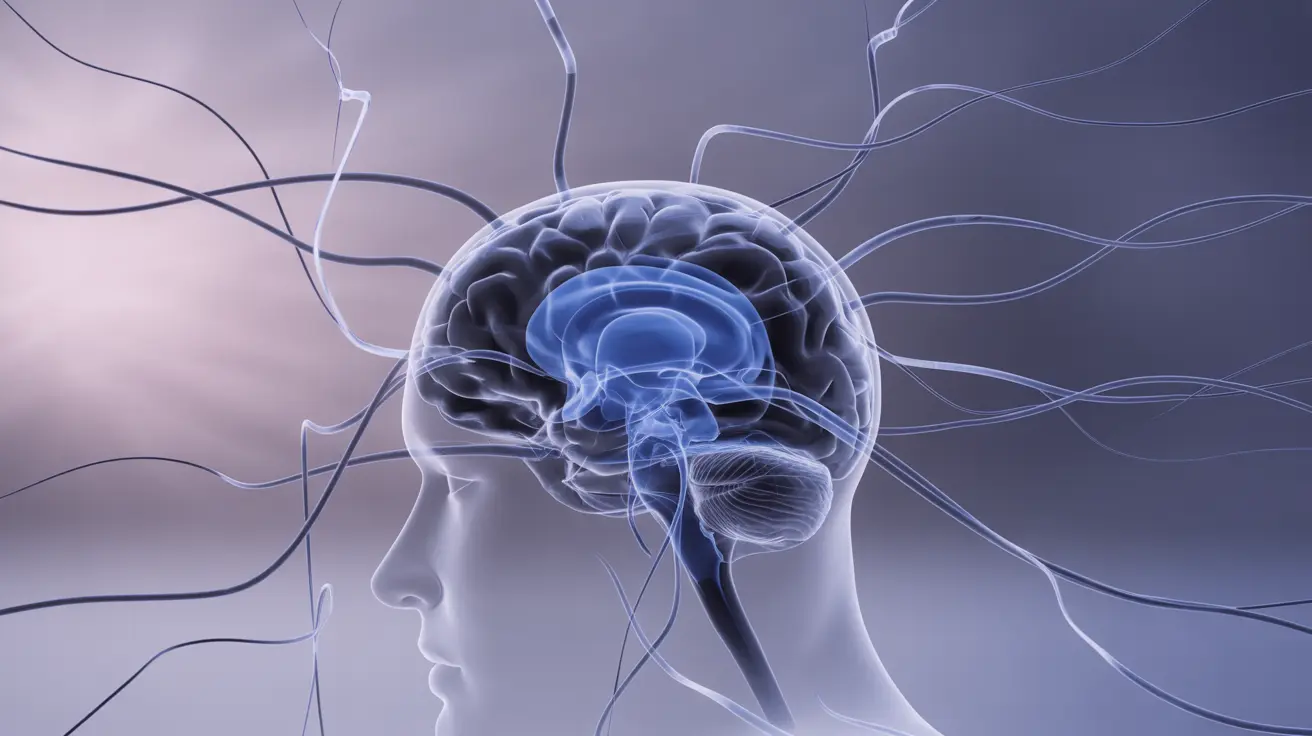The relationship between anxiety and memory loss is a complex yet common phenomenon that affects many individuals dealing with anxiety disorders. When anxiety takes hold, it can significantly impact our ability to form, store, and recall memories, leading to frustrating experiences in daily life.
Understanding how anxiety influences memory function is crucial for both recognizing the symptoms and finding effective management strategies. This comprehensive guide explores the connection between anxiety and memory problems, offering practical solutions and evidence-based approaches for improvement.
How Anxiety Affects Memory Function
Anxiety can impact different types of memory processing in various ways. When experiencing anxiety, the brain's stress response system becomes activated, releasing stress hormones that can interfere with normal memory formation and retrieval processes.
The primary areas affected by anxiety-related memory issues include:
- Working memory (short-term information processing)
- Information encoding (forming new memories)
- Memory consolidation (storing memories for later recall)
- Memory retrieval (accessing stored information)
The Stress Response and Memory Formation
During periods of high anxiety, the body's stress response triggers the release of cortisol and other stress hormones. While this response is natural and protective in dangerous situations, chronic activation can disrupt the brain's normal memory processes, particularly in the hippocampus region responsible for memory formation.
Common Symptoms of Anxiety-Related Memory Problems
Individuals experiencing anxiety-induced memory issues often report several characteristic symptoms:
- Difficulty concentrating on tasks
- Trouble remembering recent conversations
- Blanking out during important moments
- Forgetting daily responsibilities
- Difficulty learning new information
Treatment Approaches and Management Strategies
Professional Treatment Options
Several evidence-based treatments can help address both anxiety and associated memory problems:
- Cognitive Behavioral Therapy (CBT)
- Mindfulness-based stress reduction
- Anti-anxiety medications (when prescribed)
- Memory enhancement techniques
- Stress management counseling
Self-Help and Lifestyle Changes
Implementing certain lifestyle modifications can significantly improve both anxiety symptoms and memory function:
- Regular exercise and physical activity
- Consistent sleep schedule
- Stress-reduction techniques
- Healthy diet and proper nutrition
- Memory-enhancing activities and games
The Role of Sleep in Anxiety and Memory
Quality sleep plays a crucial role in both anxiety management and memory consolidation. Anxiety often disrupts sleep patterns, creating a cycle that can worsen both conditions. Establishing good sleep hygiene practices is essential for breaking this cycle and improving both memory function and anxiety symptoms.
Frequently Asked Questions
What are the symptoms of anxiety-induced memory loss, and how does it differ from other types of memory issues?
Anxiety-induced memory loss typically presents with difficulty concentrating, trouble remembering recent events, and problems with information processing. Unlike age-related memory issues or cognitive decline, anxiety-related memory problems are usually temporary and improve when anxiety levels decrease.
How can I manage anxiety-related working memory problems, and what treatments are available?
Management strategies include professional treatments like CBT and medication, combined with self-help techniques such as mindfulness, organization tools, and stress reduction practices. Working with a mental health professional can help determine the most effective treatment approach for your specific situation.
Can anxiety disorders like generalized anxiety or panic disorder cause long-term memory loss?
While anxiety disorders typically don't cause permanent memory loss, chronic anxiety can impact memory formation and recall over time. However, these effects are usually reversible with proper treatment and anxiety management techniques.
What lifestyle changes can help prevent or reduce anxiety-related memory issues?
Key lifestyle changes include maintaining regular exercise, practicing stress-reduction techniques, establishing healthy sleep patterns, following a balanced diet, and engaging in cognitive exercises. These changes can help reduce anxiety levels and improve memory function.
How does sleep deprivation from anxiety affect memory, and what are some strategies to improve sleep quality?
Sleep deprivation caused by anxiety can significantly impair memory consolidation and cognitive function. Strategies for better sleep include maintaining a consistent sleep schedule, creating a relaxing bedtime routine, limiting screen time before bed, and practicing relaxation techniques. If sleep problems persist, consulting a healthcare provider may be beneficial.




